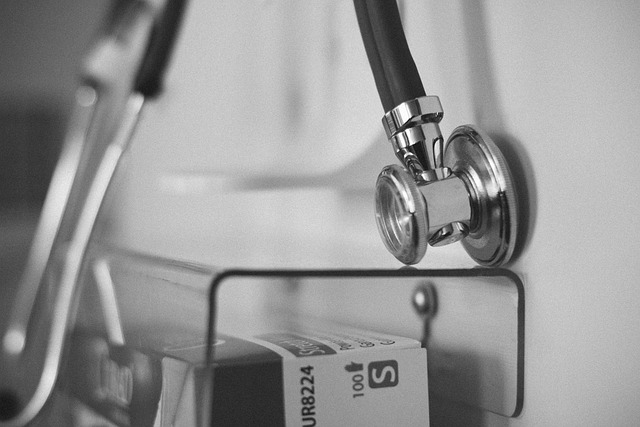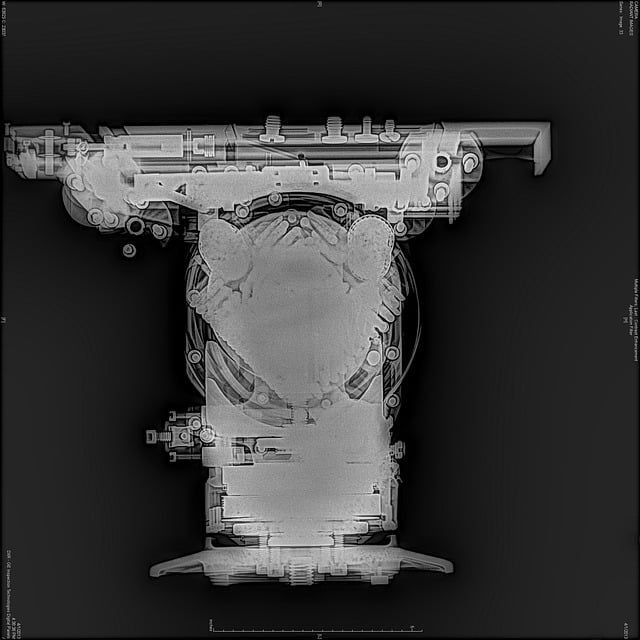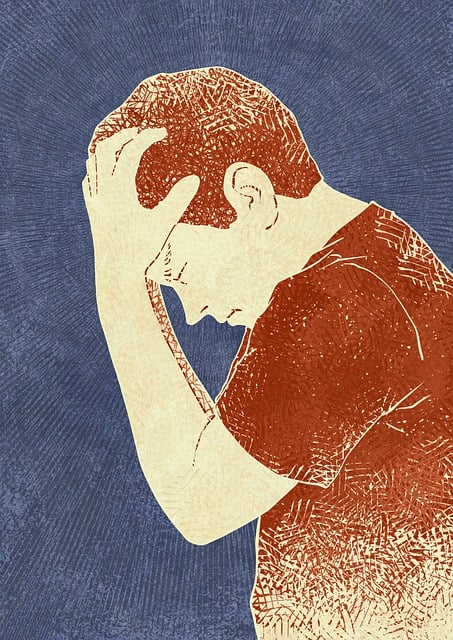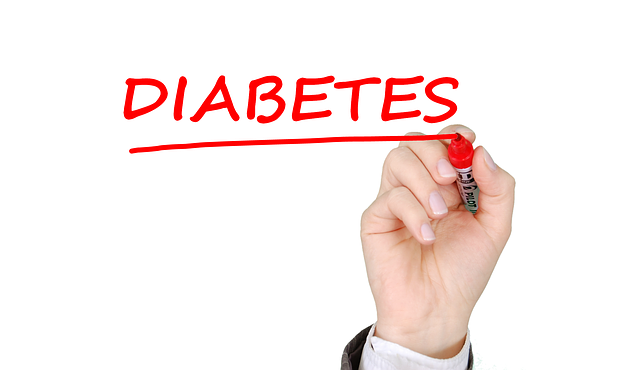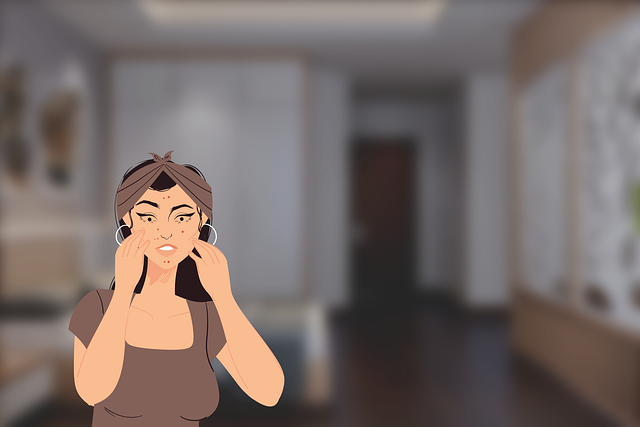Post-car accident care emphasizes immediate pain relief through chiropractic adjustments, but lasting recovery requires dedicated long-term rehabilitation. This holistic approach includes personalized treatment plans addressing underlying causes of common post-accident symptoms like neck pain, limited mobility, and headaches. Regular check-ins ensure ongoing support as the body heals, promoting mobility, pain reduction, and improved well-being. Structured treatment plans with advanced scheduling and open communication are key to effective recovery, preventing chronic pain and optimizing quality of life post-wreck.
After a car accident, seeking immediate medical attention is crucial. Among various treatments, long-term chiropractic rehabilitation stands out as a key component for comprehensive recovery. This article delves into understanding the significance of consistent chiropractic care post-accident, focusing on car crashes. We explore how chiropractic adjustments and therapies facilitate healing, alleviate pain, and restore mobility. Furthermore, we provide strategies to maintain regular sessions, ensuring optimal recovery outcomes in the long-term chiropractic rehabilitation process.
- Understanding Long-Term Chiropractic Rehabilitation After Car Wrecks
- The Role of Chiropractic Care in Post-Accident Recovery
- Strategies for Sustaining Consistent Chiropractic Support
Understanding Long-Term Chiropractic Rehabilitation After Car Wrecks

After a car accident, many individuals initially seek chiropractic care for their immediate pain and discomfort. However, understanding the importance of long-term chiropractic rehabilitation is crucial in managing potential lasting effects from the trauma. The impact of a car crash can lead to various spinal misalignments, muscle strains, and other related issues that may not be immediately apparent but can develop over time if left unaddressed.
Long-term chiropractic rehabilitation involves a comprehensive approach to healing and recovery. Chiropractors design personalized treatment plans that focus on addressing the underlying causes of pain rather than just providing temporary relief. This often includes adjustments, therapy, and exercises tailored to the patient’s specific needs. Regular check-ins and follow-up appointments ensure ongoing support as the body heals and adapts, helping individuals regain mobility, reduce pain, and improve overall well-being in the aftermath of a car wreck.
The Role of Chiropractic Care in Post-Accident Recovery
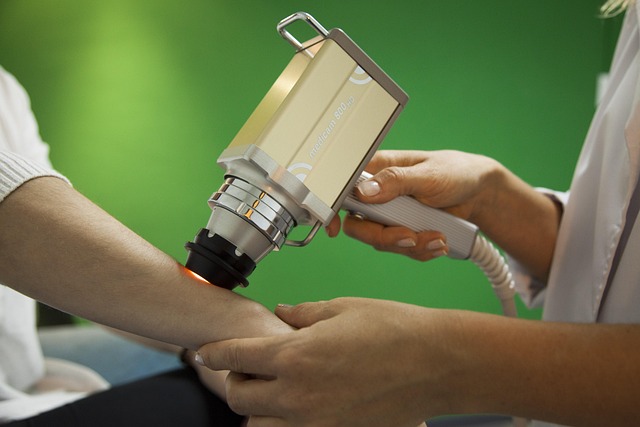
Chiropractic care plays a pivotal role in the long-term rehabilitation process for individuals following a car accident. Many victims experience a range of physical issues, from neck and back pain to headaches and limited mobility, which can persist or even worsen over time if left untreated. Chiropractic professionals are experts in diagnosing and treating mechanical disorders of the musculoskeletal system, often offering non-invasive solutions to alleviate post-accident symptoms.
Through specialized adjustments and manipulative techniques, chiropractors can help reduce pain, improve joint function, and accelerate the body’s natural healing process. Regular chiropractic sessions after a car wreck can significantly contribute to a patient’s overall recovery, enhancing their quality of life and ensuring they regain as much mobility and comfort as possible. This proactive approach to care is especially beneficial in managing chronic pain, which is not uncommon among individuals who have been involved in automobile accidents.
Strategies for Sustaining Consistent Chiropractic Support

Maintaining consistent chiropractic care is a key strategy for effective long-term chiropractic rehabilitation after car wrecks. Patients should aim to establish a regular treatment plan with their chiropractor, adhering to the recommended frequency and duration of adjustments. This might involve weekly or biweekly visits, depending on the severity of injuries and the recovery process. Consistent care ensures that the body receives sustained support as it heals, addressing any underlying issues that could lead to chronic pain or further complications.
To sustain this consistency, individuals should prioritize scheduling appointments in advance and make chiropractic care a non-negotiable part of their post-accident routine. It can help to set reminders or use calendar apps to ensure appointments are not missed. Additionally, keeping open communication with the chiropractor about any concerns or changes in symptoms will facilitate adjustments to the treatment plan as needed, ensuring continuous progress towards recovery and optimizing overall well-being.
Following a car accident, consistent chiropractic care is key to achieving and maintaining optimal recovery. Long-term chiropractic rehabilitation plays a vital role in addressing and alleviating ongoing pain and mobility issues that can persist after a crash. By adopting strategies to sustain regular chiropractic support, individuals can enhance their post-accident recovery journey, promote overall well-being, and potentially prevent future complications. Remember, timely intervention and consistent care are essential for navigating the challenges associated with car wrecks and embracing a healthier future.

